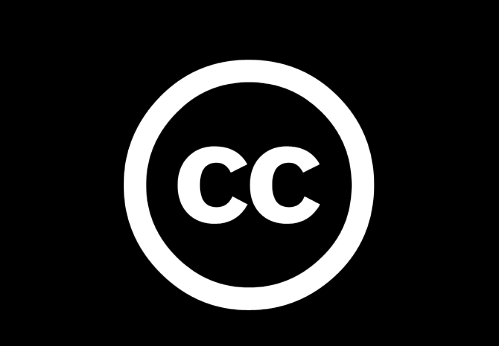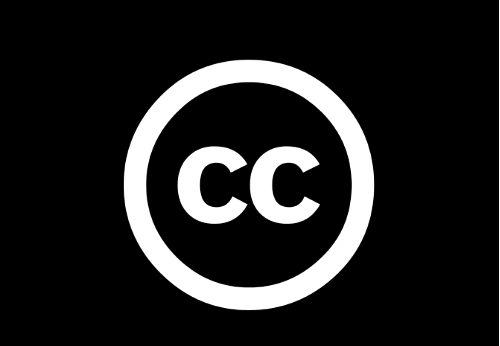Creative Commons is the leading advocate of innovative copyright and trademark solutions for creative producers who choose to share their work while still preserving their rights. The Creative Commons license has enjoyed a shocking rate of adoption over the past nine years, emphasizing the importance of sharing in a viable and vibrant creative economy.

Creative Commons has expanded its efforts with the Public Domain Mark, intended as an alternative to copyright for creators and archives who want to donate their content to the commons:
…[the] Public Domain Mark…enables works free of known copyright restrictions to be labeled in a way that allows them to be easily discovered over the Internet. The Public Domain Mark, to be used for marking works already free of copyright, complements Creative Commons’ CC0 public domain dedication, which enables authors to relinquish their rights prior to the expiration of copyright…The Public Domain Mark in its current form is intended for use with works that are free of known copyright around the world, primarily old works that are beyond the reach of copyright in all jurisdictions. We have already started mapping the next phases of our public domain work, which will look at ways to identify and mark works that are in the public domain in a limited number of countries.
The first adopter of the Public Domain Mark is Europe’s digital library, museum and archive Europeana, which estimates that by 2011 the Public Domain Mark will be used with millions of out-of-copyright works. It’s an extension of the Creative Commons CC0 public domain dedication, which allows creators to add new works to the public domain prior to the expiry of copyright.
One of the issues with old and orphaned works is that discerning their ownership and the reuse rights can be impossible. In such cases, the Public Domain Mark could be used to open up millions of orphaned and out-of-copyright works to the commons, to be shared freely and openly, allowing creators and historians to build upon, remix, and bring attention to work that has long been unavailable–an important tool to reclaim historical cultural artifacts that have too long laid fallow due to outmoded copyright models.









